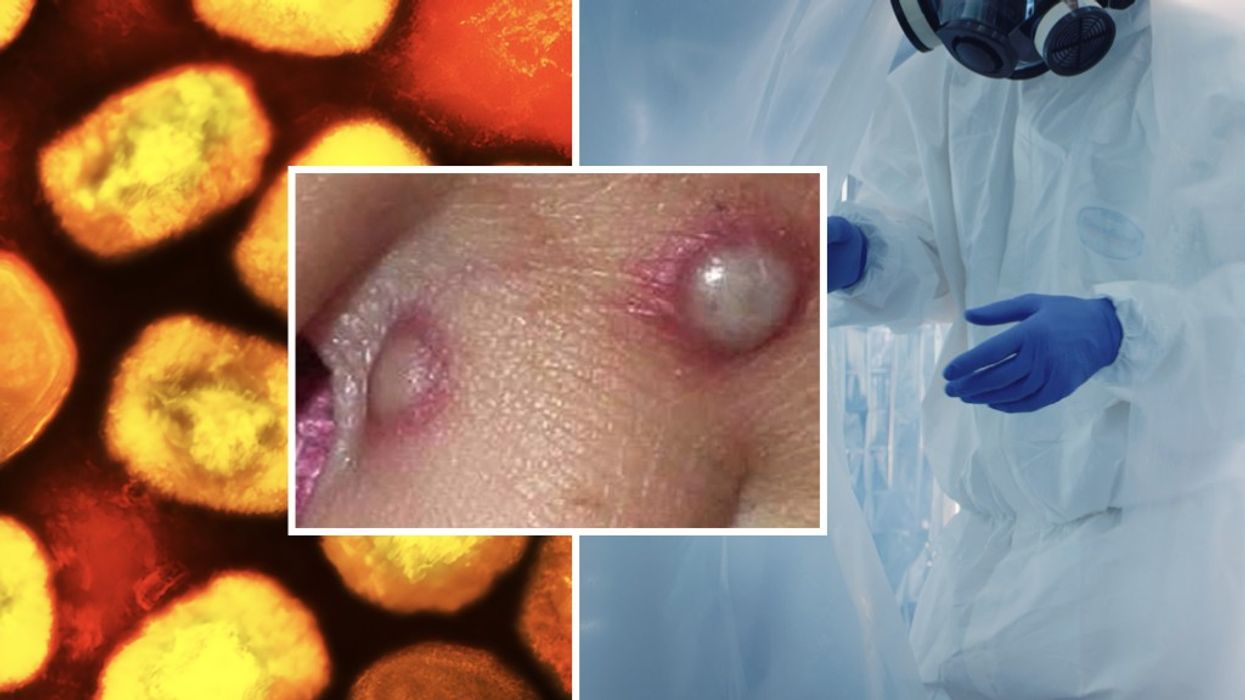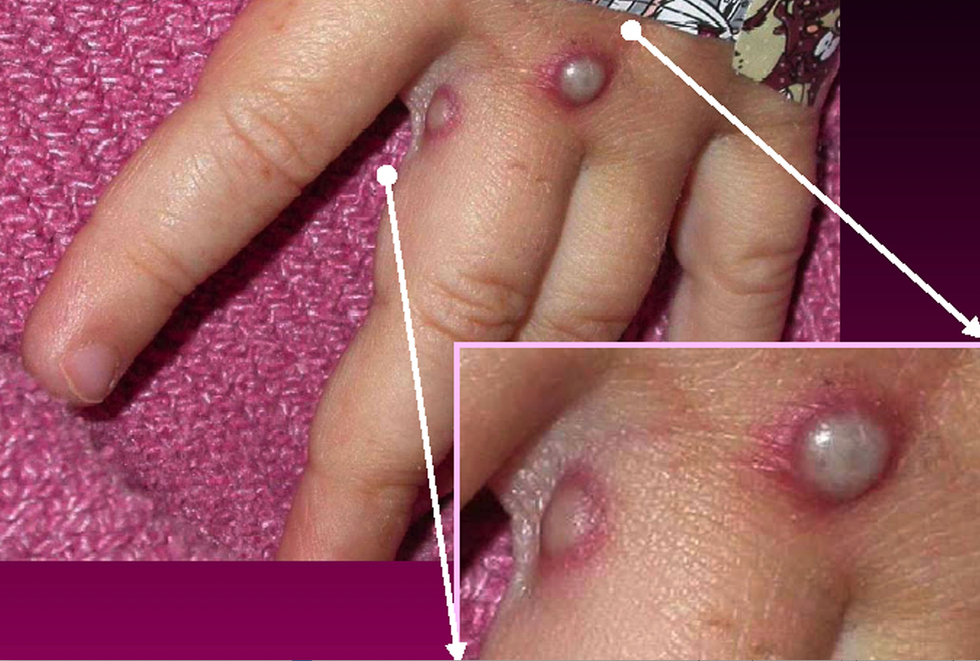New mutated strain of virus with 'pandemic potential' discovered as scientists call for 'urgent measures'

New mutated strain of mpox has been discovered in a mining town in the Democratic Republic of Congo
|Getty Images

A new mutated strain of mpox has been discovered in a mining town in the Democratic Republic of Congo
Don't Miss
Most Read
Scientists are calling on the international community to contain a worrying new mutated strain of mpox that has been discovered in a mining town in the Democratic Republic of Congo.
The virus is an offshoot of the deadly clade 1 mpox strain, but has evolved to become even better at spreading and evading tests than its predecessor.
Mpox, previously called monkeypox, is a rare infection that originated in west or central Africa. Although symptoms may be mild, the infection can cause unusual rashes and blisters, fevers, headaches, muscle ache, exhaustion and swollen lymph nodes.
In 2022, the virus spread to 110 countries, with the majority of cases reported among gay and bisexual men.

So far, 241 cases of the new strain have been suspected and 108 confirmed in Kamituga
|STRINGER/AFP via Getty
The DRC is now caught in the grip of a much more deadlier form of clade 1, which kills up to 10 percent of people who get sick.
In the first quarter of 2024 alone, 3,576 people were infected and 264 were killed, according to the World Health Organization (WHO). Two thirds of cases and 85 percent of fatalities were among children.
The mutated strain is wreaking havoc in Kamituga – a poor, densely populated gold mining town with a population of 242,000 residents that's located just 170 miles from the Rwandan border. So far, 241 cases of the new strain have been suspected and 108 confirmed.
It is believed to have made the jump from animals to humans somewhere between July and September 2023.
"Without intervention, this localised Kamituga outbreak harbors the potential to spread nationally and internationally," the authors warn in new pre-print study.
"Given the recent history of mpox outbreaks in DRC, we advocate for swift action by endemic countries and the international community to avert another global mpox outbreak," they added.
The researchers are calling for the roll out of "urgent measures", including expanded surveillance, contact tracing and targeted vaccination to contain the new outbreak.
Although the 2022/23 global outbreak was spreading primarily among networks of gay, bisexual or other men who have sex with men, it's unclear if it's following the same route of transmission.
LATEST DEVELOPMENTS

The infection can cause unusual rashes and blisters
|CDC/Getty Images
However, early signs suggest that this is the case: sex workers have aided its spread in Kamituga, accounting for 30 nearly percent of cases.
Some 85 percent of people had genital lesions, while 10 percent were hospitalised.
The research was led by Congolese scientists in collaboration with experts across Africa, Europe, the US and Canada.










